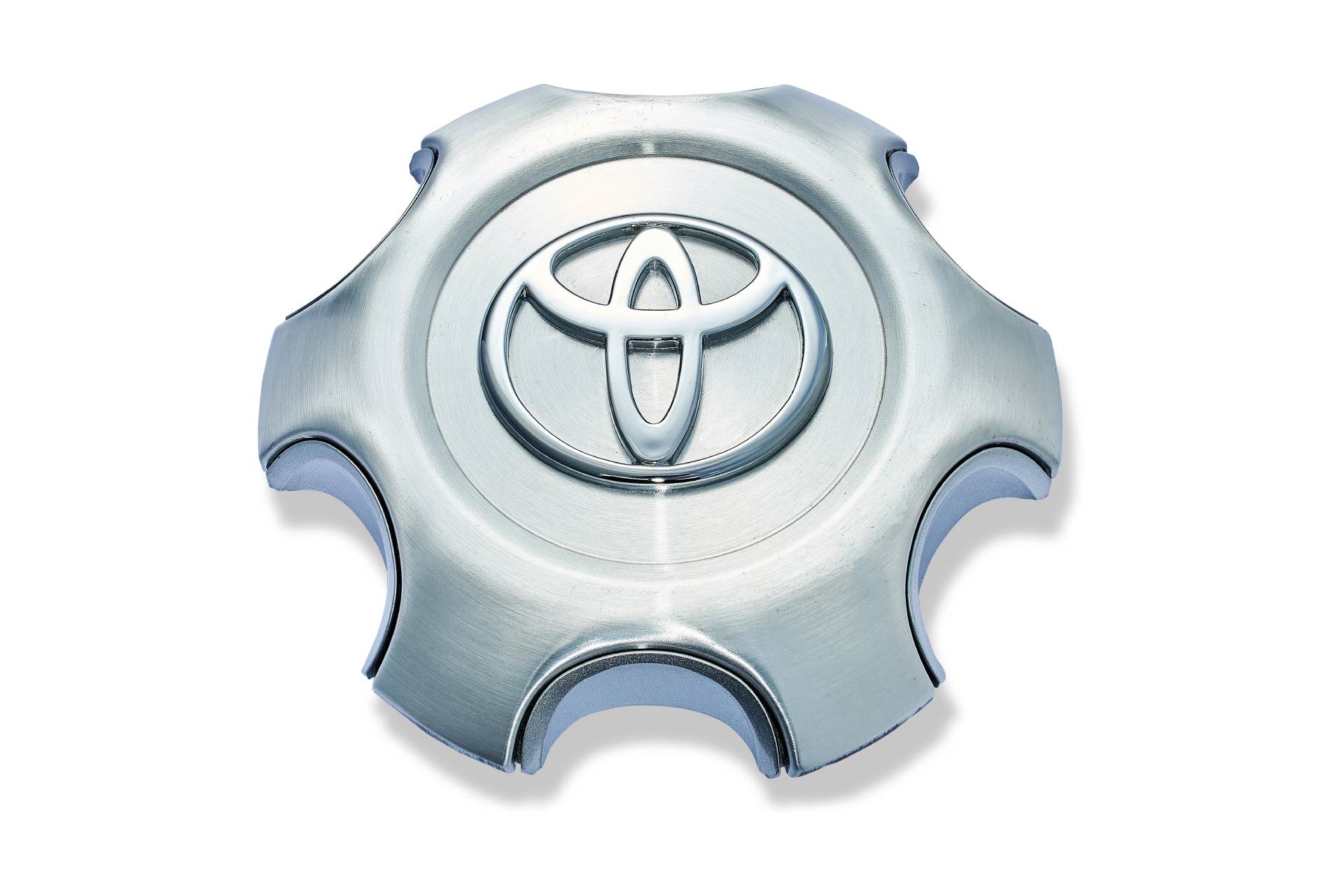How Plastic Nameplates Contribute to Lean Workflow and Productivity
How Plastic Nameplates Contribute to Lean Workflow and Productivity
Blog Article
Exactly How Plastic Nameplates Are Made: A Comprehensive Overview to Their Manufacturing Refine
The production of plastic nameplates involves numerous exact steps, beginning with the option of suitable materials to the last finishing touches. Each phase is critical, ensuring the item meets details needs for longevity and appearances. Various manufacturing methods play a significant role in crafting these nameplates. Comprehending these processes can clarify the intricacies behind what could feel like a simple product. What variables add to the top quality and modification of these nameplates?
Recognizing Plastic Products Made Use Of for Nameplates

The Style Process: From Principle to Model
The layout procedure for plastic nameplates begins with a clear idea that overviews the overall production. Developers work together with customers to specify the function, style, and details requirements of the nameplate. This first stage consists of conceptualizing sessions, sketching ideas, and picking shades and typefaces that line up with branding goals.Once the principle is developed, developers make use of computer-aided design (CAD) software to create detailed electronic depictions. These models enable visualization and modifications before progressing. Feedback from stakeholders is important throughout this stage, as it helps refine the style to satisfy expectations.After completing the electronic model, a physical model might be created, commonly with strategies like 3D printing. This tangible representation makes it possible for more assessment of visual appeals and functionality. On the whole, the design process is an important step that lays the foundation for the reliable production of high-grade plastic nameplates.
Reducing and Forming the Plastic
In the cutting and shaping stage of plastic nameplate manufacturing, the option of products plays an essential duty in figuring out the end product's quality and sturdiness (Plastic Nameplates). Numerous accuracy reducing methods, such as laser cutting and CNC machining, warranty that the plastic is shaped with accuracy and uniformity. This combination of cautious product option and progressed reducing approaches is vital for creating premium nameplates

Material Choice Process
Selecting the best product is vital for creating top quality plastic nameplates. Numerous kinds of plastics are offered, each offering unique benefits and qualities. Common selections include acrylic, polycarbonate, and PVC. Polymer is preferred for its clearness and UV resistance, making it perfect for exterior applications. Polycarbonate, recognized for its resilience and effect resistance, is suitable for environments that call for improved security. PVC is frequently selected for its cost-effectiveness and adaptability in style. The choice process also considers variables such as surface, color, and thickness surface, which can substantially affect the final look and performance of the nameplate. Eventually, the selected product should align with the meant use and aesthetic goals of the plastic nameplate.
Precision Cutting Methods
While selecting the appropriate material lays the groundwork, accuracy cutting strategies play an important function in shaping the plastic nameplates into their last kinds. Numerous techniques, including laser cutting, CNC milling, and pass away reducing, are utilized to achieve accuracy and consistency. Laser reducing makes use of concentrated light to produce tidy edges and intricate styles, perfect for complex patterns. CNC milling supplies convenience by eliminating excess product with accuracy, suiting numerous thicknesses and shapes. Pass away cutting, on the other hand, enables for mass production of consistent items, enhancing effectiveness. Each strategy is chosen based upon the style requirements and the desired finish, making certain that the end product meets quality criteria and client expectations while preserving longevity and visual charm.
Printing Strategies for Modification
Just how can makers achieve lively and precise styles on plastic nameplates? The response depends on numerous printing strategies customized for modification. Digital printing has obtained popularity due to its capacity to produce high-resolution photos and elaborate layouts straight onto plastic surface areas. This technique allows for fast turn-around times and minimal configuration expenses, making it excellent for short runs and personalized orders.Screen printing remains another commonly utilized technique, specifically for larger amounts. It includes producing a stencil and using layers of ink, leading to abundant shades and durability. UV printing, which utilizes ultraviolet light to cure the More Bonuses ink, is likewise effective, offering outstanding adhesion and resistance to fading.Additionally, pad printing supplies versatility for irregularly shaped nameplates, enabling comprehensive designs on tough surface areas. These printing techniques enable makers to fulfill varied customer needs while making sure quality and longevity in their plastic nameplate items.
Surface Area Therapies and Finishing Options

High Quality Control Actions in Manufacturing
Ensuring the highest requirements of quality control during the manufacturing of plastic nameplates is essential for maintaining product stability and customer complete satisfaction. Suppliers carry out strenuous assessment procedures at various phases of the production procedure. Initially, raw products go through thorough testing to confirm they fulfill requirements for toughness and color uniformity. Throughout the molding phase, automated systems keep track of parameters such as temperature level and stress to avoid defects.In enhancement, visual inspections are carried out to identify any type of surface blemishes or misalignments. As soon as the nameplates are produced, they are subjected to practical examinations, consisting of bond tests for published components and cardiovascular test for longevity. Quality assurance groups usually use analytical tasting techniques to examine sets, making certain that any deviations from requirements are without delay dealt with. This in-depth technique not only improves product top quality yet additionally promotes count on with clients, attesting the supplier's commitment to excellence in every nameplate produced.
Product packaging and Circulation of Finished Nameplates
The packaging and distribution of ended up plastic nameplates are critical actions in ensuring they get to clients in perfect condition. Numerous product packaging products are selected to secure the nameplates during transit, while delivering approaches are meticulously picked based upon efficiency and cost-effectiveness. Additionally, reliable storage remedies are executed to keep top quality until the nameplates are delivered.
Product Packaging Materials Made Use Of
When distributing completed plastic nameplates, picking ideal packaging materials is important to assure their defense throughout transit. Typically utilized products include bubble cover, foam cushioning, and cardboard boxes, all designed to support the nameplates versus impacts and shocks. Bubble wrap gives find more info an adaptable obstacle, while foam padding warranties that nameplates stay safely in location, decreasing the risk of scrapes or breakage. Additionally, sturdy cardboard boxes are used to contain the nameplates, offering structural support and defense from outside elements. Tags might be used to show dealing with directions or fragile materials, better improving security throughout transport. Overall, utilizing top notch packaging materials considerably adds to the honesty and presentation of the completed plastic nameplates upon arrival at their location.
Shipping Techniques Employed
Reliable circulation of ended up plastic nameplates counts on numerous shipping techniques that assure prompt and safe shipment. Business usually utilize courier solutions, freight delivery, and postal solutions, depending upon the size, weight, and destination of the packages. For local shipments, copyright solutions offer rapid transit, making sure nameplates get to clients rapidly. For larger orders, products shipping is favored, utilizing trucks or shipping containers to carry bulk quantities effectively. Post offices function as an economical choice for smaller deliveries, particularly for residential distributions. All delivery approaches focus on safety packaging to avoid damages throughout transit. Tracking systems are additionally made use of to keep track of deliveries, providing clients with real-time updates and reassurance concerning the condition of their orders.
Storage Space Solutions Implemented

Often Asked Concerns
What Sorts Of Companies Generally Use Plastic Nameplates?
Plastic nameplates are commonly used by various companies, consisting of offices, factories, healthcare facilities, and colleges. These nameplates serve vital functions such as recognition, details display screen, and branding, adding to business effectiveness and expert look across diverse settings.
For how long Does the Entire Production Refine Take?
The production process duration differs based on complexity and quantity, normally varying from a few days to several weeks. Elements affecting this timeline include layout authorization, product schedule, and production techniques used by the firm.
Can Plastic Nameplates Be Recycled After Usage?
Plastic nameplates can be reused, supplied they are made from recyclable products. Nevertheless, the accessibility of reusing programs and neighborhood guidelines might impact their recyclability. Proper disposal techniques are vital to guarantee efficient recycling.
What Are the Environmental Influences of Plastic Nameplate Production?
The ecological influences of plastic nameplate production consist of carbon emissions, source exhaustion, and air pollution from manufacturing processes. Plastic Nameplates. In addition, inappropriate disposal adds to plastic waste, detrimentally impacting environments and wildlife, highlighting the demand for lasting methods
Exist Any Security Issues With Plastic Nameplates?
Safety worries pertaining to plastic nameplates primarily entail prospective chemical direct exposure during manufacturing and the threat of products breaking down over time, which might lead to unsafe compounds being released, influencing both human health and wellness and the setting. While different materials can be utilized for nameplates, plastic stays a popular choice due to its flexibility and resilience. In the cutting and shaping phase of plastic nameplate production, the option of materials plays a necessary function in figuring out the last product's top quality and durability. Choosing the right material is crucial for generating top quality plastic nameplates. While selecting the appropriate material lays the groundwork, accuracy cutting techniques play an essential duty in shaping the plastic nameplates right into their final types. When dispersing ended up plastic nameplates, selecting ideal packaging products is important to ensure their security throughout transportation.
Report this page